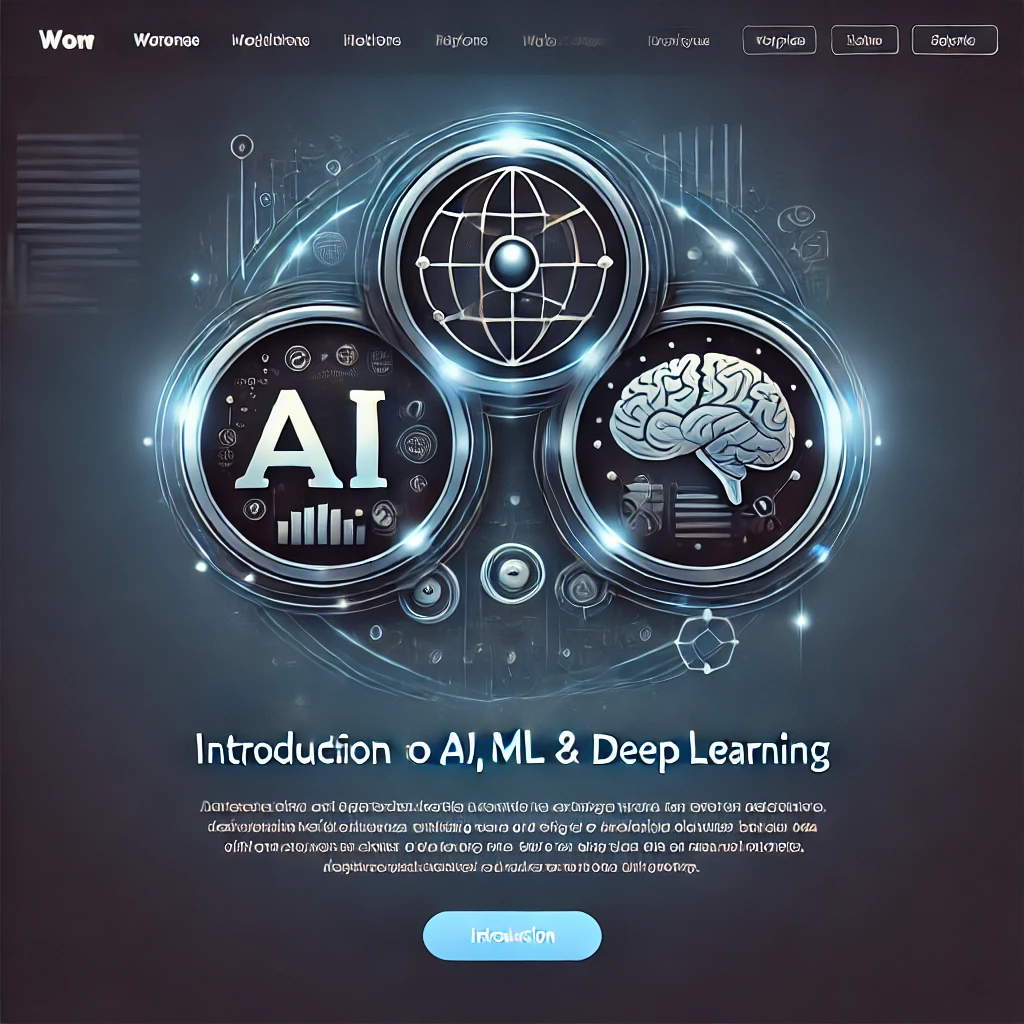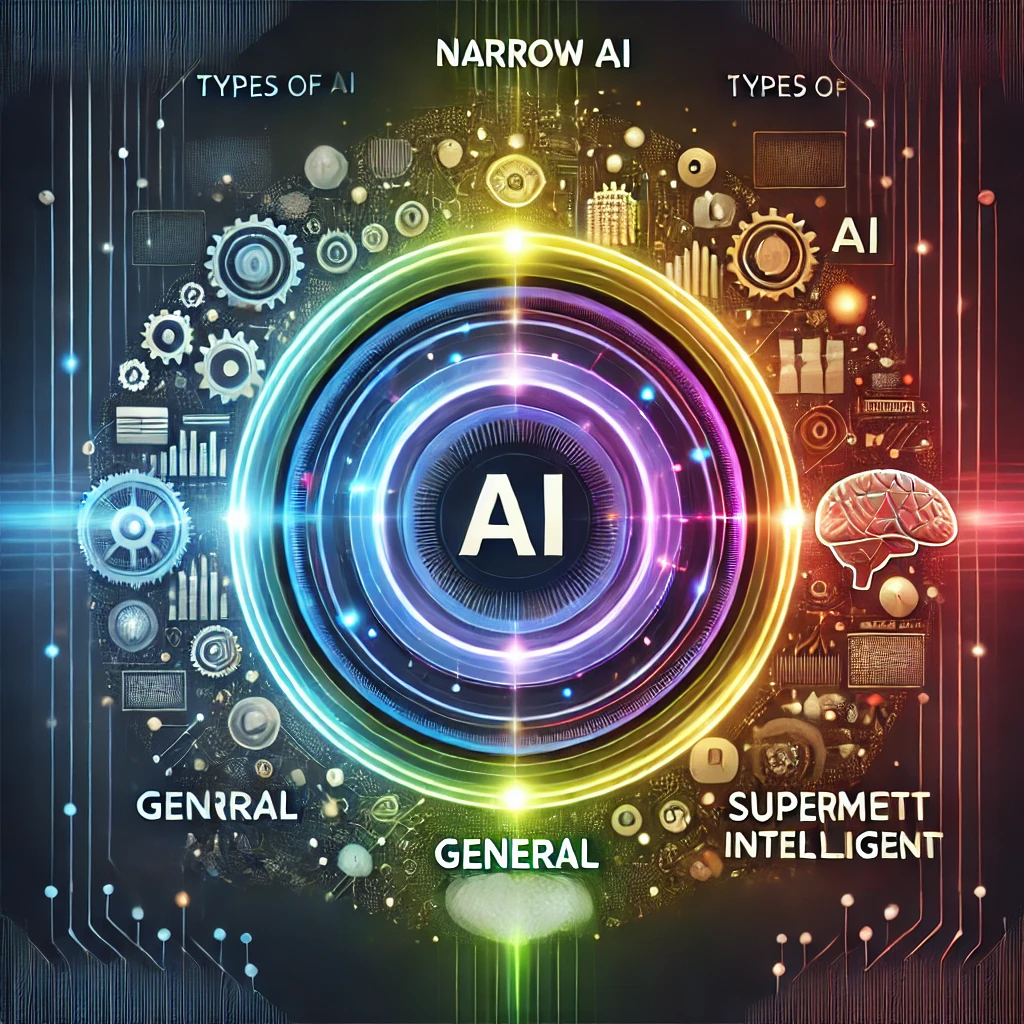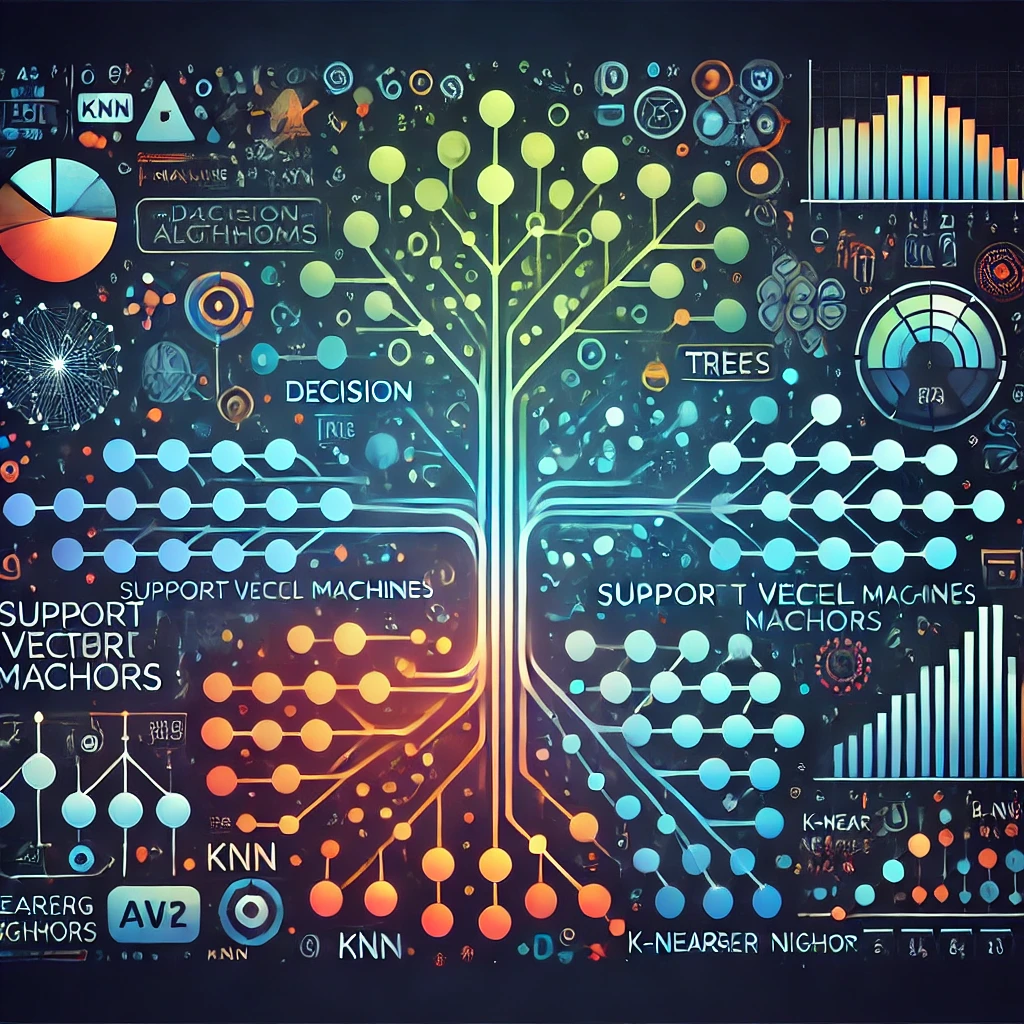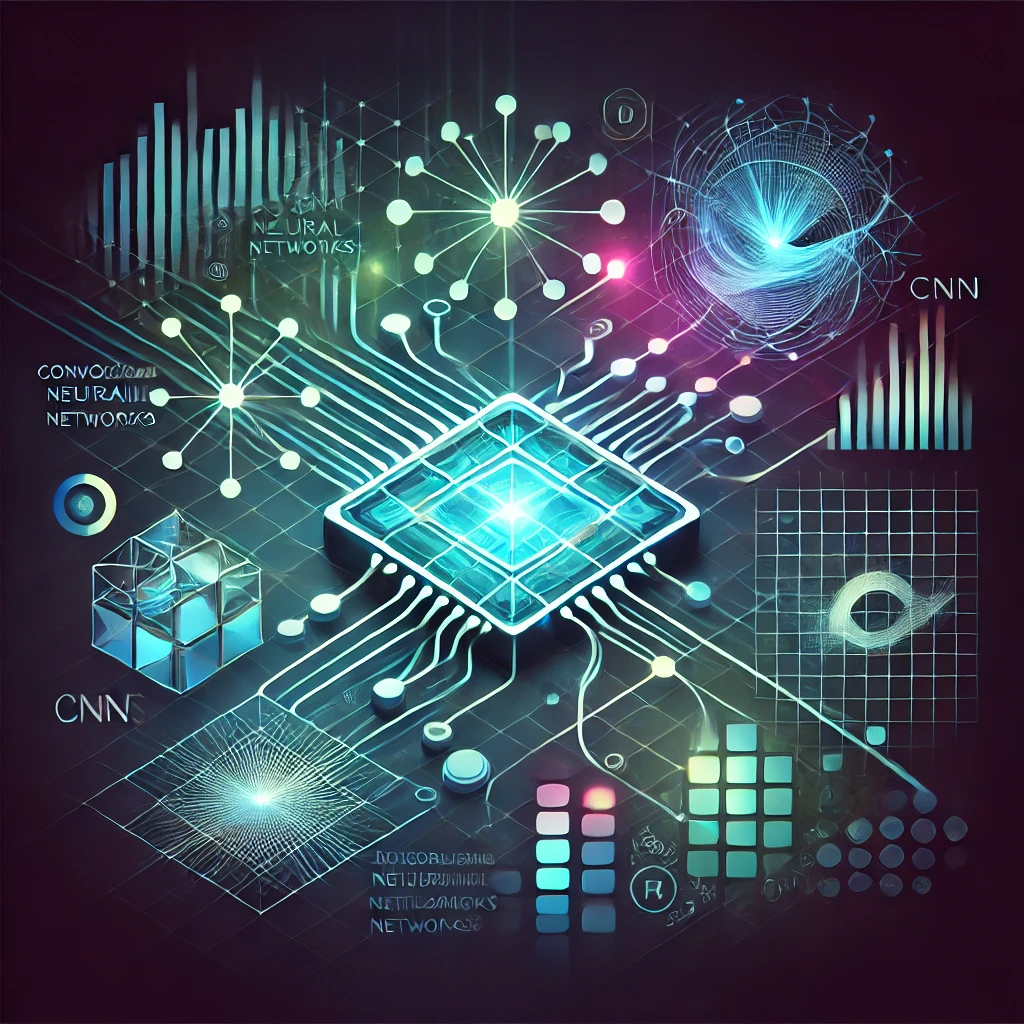AI in Media and Entertainment: Revolutionizing Content Creation, Music, and Video Streaming
The media and entertainment industry has witnessed a transformative shift with the advent of artificial intelligence (AI). From content creation to music generation and video streaming, AI is reshaping the way we consume, create, and interact with entertainment. This blog post explores how AI is being utilized across these domains and its implications for the future.
AI in Content Creation
Content creation is a multifaceted process, and AI tools are now enhancing each stage. Here’s how:
Automating Writing
- News Generation: AI algorithms can analyze data and generate news articles, reports, and summaries. Outlets like the Associated Press use AI to produce thousands of articles on financial data.
- Blog Posts & Social Media: Tools like Jasper and Writesonic assist writers in generating engaging blog posts and social media content, saving time and enhancing creativity.
Visual Arts and Design
- Graphic Design: Platforms like Canva employ AI to suggest design elements based on user input, streamlining the design process.
- AI Art Generators: Tools such as DALL-E and Midjourney enable users to create stunning artworks from textual descriptions, pushing the boundaries of creativity.
Film and Video Production
- Scriptwriting: AI tools can analyze successful scripts and help writers develop compelling narratives. Programs like ScriptBook offer predictions on a script’s potential success.
- Editing: AI is used for video editing by automating tasks like color correction and scene detection, thus making post-production faster and more efficient.
AI in Music
The music industry has also embraced AI, resulting in innovative approaches to music composition, production, and recommendations.
Composition Tools
- AI Composers: Tools like OpenAI’s MuseNet and Jukedeck can compose original music in various styles, assisting musicians in brainstorming ideas and producing tracks.
- Lyric Generation: AI can generate lyrics based on themes or topics, helping songwriters overcome writer’s block.
Production and Mixing
- Automated Mixing: AI-driven platforms like LANDR offer automated mastering services, allowing musicians to achieve professional sound quality without extensive knowledge of audio engineering.
- Sound Design: AI can create unique sounds and beats, expanding the palette available to artists.
Music Recommendations
- Personalized Playlists: Streaming platforms like Spotify and Apple Music use AI algorithms to analyze user behavior and preferences, generating tailored playlists and recommendations.
- Discovery of New Artists: AI helps listeners discover emerging artists by analyzing listening trends and suggesting lesser-known tracks that align with user tastes.
AI in Video Streaming
AI is also revolutionizing video streaming, enhancing viewer experiences through personalization, content optimization, and better resource management.
Content Recommendation Systems
- Customized Recommendations: Platforms like Netflix utilize machine learning algorithms to recommend shows and movies based on past consumption patterns and watch history.
- Improving Engagement: By analyzing user preferences, AI helps platforms keep viewers engaged longer by suggesting content that suits their tastes.
Content Optimization
- Dynamic Thumbnails: AI is capable of creating dynamic thumbnails for videos, improving click-through rates by analyzing which images attract more viewers.
- Transcription and Subtitling: AI tools can automatically generate transcripts and subtitles for videos, making them more accessible.
Resource Management
- Bandwidth Optimization: AI can analyze traffic patterns and user behavior to optimize streaming quality, ensuring seamless playback even during peak times.
- Content Delivery Networks (CDNs): AI improves content distribution across networks, ensuring faster delivery and reduced latency for users.
Challenges and Considerations
While AI brings numerous benefits to the media and entertainment landscape, it also poses certain challenges:
- Ethical Concerns: The use of AI in content creation raises questions about authorship, originality, and copyright issues.
- Job Displacement: As automation becomes more prevalent, there are concerns about job loss in traditional roles within the industry.
- Quality Control: Ensuring that AI-generated content meets quality standards remains a challenge, requiring human oversight.
Conclusion
AI is undeniably reshaping the media and entertainment industry in profound ways. From enhancing content creation to optimizing music production and transforming video streaming, the influence of AI is becoming increasingly apparent. As we move forward, it is essential to address the challenges posed by AI thoughtfully while harnessing its potential to create a more innovative and dynamic entertainment landscape.




